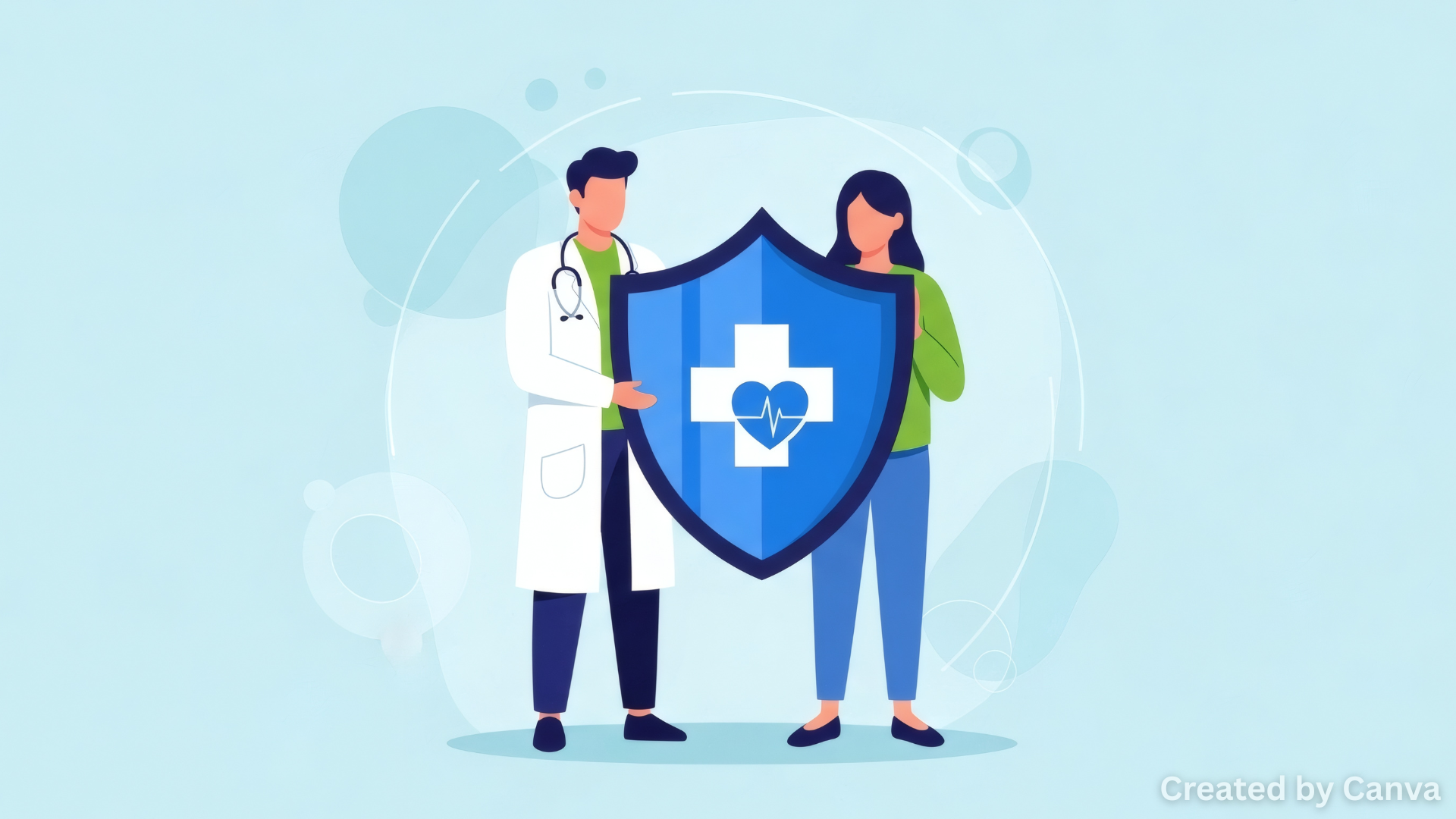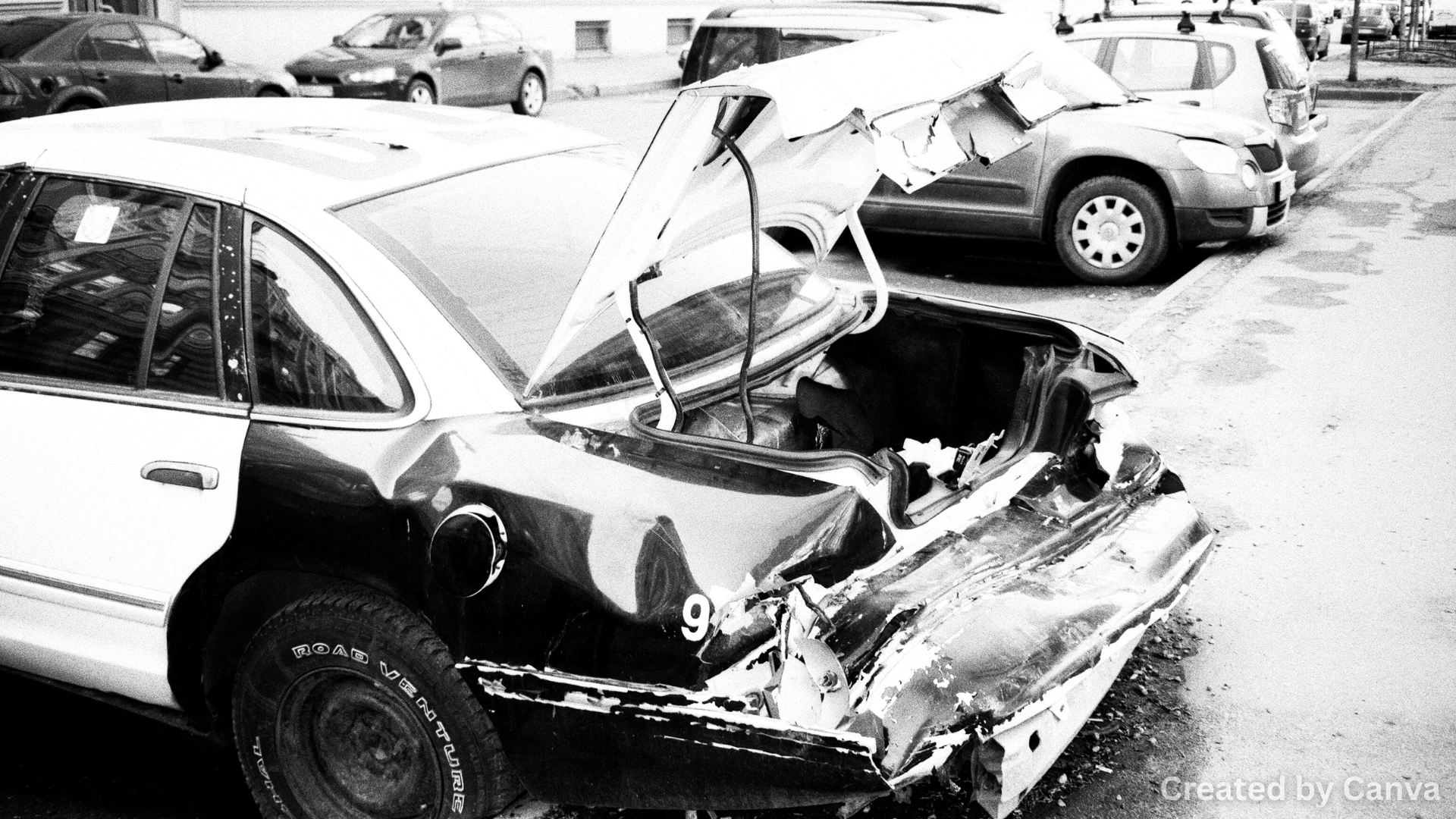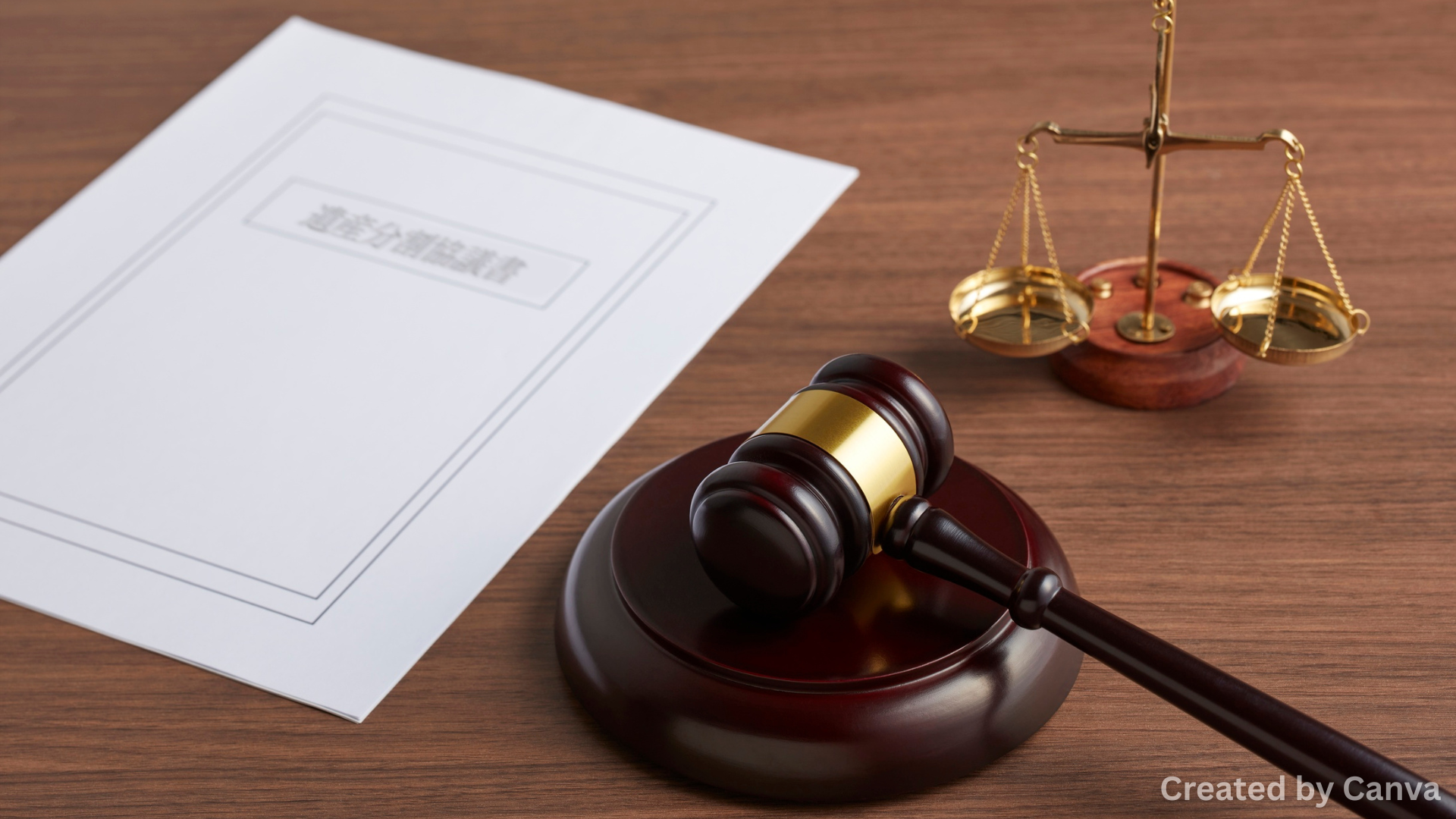Truck accidents can lead to devastating consequences. Victims often face physical pain, financial burdens, and emotional distress. Fair compensation is crucial for recovery.
Collisions with commercial vehicles can cause severe injuries and long-lasting trauma. Victims may struggle with medical bills, lost wages, and prolonged emotional suffering.
If you’re not at fault, you can seek compensation for your losses. InjuryClaimCalculator.us recognizes that each case is unique. Your specific circumstances will affect the compensation you may receive.
Truck accident cases involve multiple parties, making them complex. Drivers, trucking companies, insurers, and manufacturers may all play a role. This complexity affects how fair compensation is calculated.
Let’s explore the types of recoverable damages in truck accident cases. We’ll look at how they’re determined across different U.S. jurisdictions. Understanding these options is crucial for fair recovery.
Overview of Damages
The legal system classifies truck accident damages into three main categories. Each category serves a unique purpose in compensating victims. Understanding these categories is crucial for receiving fair compensation for your injuries and losses.
Truck accidents offer several paths for financial recovery. These include economic damages, non-economic damages, and sometimes, punitive damages. Wrongful death damages may apply if you’ve lost a loved one in a truck collision.
Economic damages cover tangible financial losses from your accident. These are costs you can calculate with receipts and documentation. They include medical expenses, property damage, and lost wages.
Non-economic damages address intangible impacts on your quality of life. These harder-to-quantify losses include pain, suffering, and loss of life enjoyment. They often represent the most profound consequences of serious truck accidents.
Courts may award punitive damages in cases of reckless or intentional misconduct. These damages aim to punish wrongdoers and deter similar behavior. They’re not meant to compensate you directly.
The compensation structure aims to make victims “whole” again through financial remedies. While money can’t undo harm, it’s the legal system’s best attempt at justice and recovery.
Many victims underestimate their case value by focusing only on immediate medical bills. They often overlook significant non-economic damages. At InjuryClaimCalculator.us, we ensure all applicable damage types are thoroughly assessed in your claim.
A comprehensive claim should address every relevant damage category. This approach maximizes your chances of receiving fair compensation. It ensures the full impact of the accident on your life is reflected.
Economic Damages (Medical Bills, Lost Income)
Economic damages are measurable monetary losses from truck accidents. They’re known as “special damages” in Georgia law. These damages can be proven with actual costs in insurance claims.
InjuryClaimCalculator.us helps victims understand their economic damages. We ensure they get fair compensation. These damages are the basis of most truck accident claims.
Medical Expenses
Medical costs often make up the largest part of economic damages. These can quickly add up to hundreds of thousands of dollars. Serious injuries from truck crashes often lead to high medical bills.
Medical expenses typically include:
- Emergency medical treatment and ambulance services
- Hospital stays and surgeries
- Doctor visits and specialist consultations
- Prescription medications and medical devices
- Physical therapy and rehabilitation services
- Future medical care related to your injuries
Lost Income and Earning Capacity
Injuries can stop you from working, causing financial strain. Lost income damages cover missed wages and benefits. They also include earnings lost while recovering from injuries.
Permanent injuries may lead to compensation for reduced earning ability. This covers the difference between your potential earnings before and after the injury.
Lost income documentation typically includes:
- Pay stubs and income tax returns
- Employment records and attendance reports
- Letters from employers confirming missed work
- Expert testimony regarding future earning potential
Property Damage
Truck accidents often cause major vehicle damage. Economic damages include repair or replacement costs. This covers your car and any personal items damaged in the crash.
Additional Economic Losses
Truck accident victims may face other financial burdens. These can include travel costs to medical appointments and home modifications. Household help expenses may also be covered if you can’t do regular tasks.
Career changes due to injuries may require vocational rehab. These costs can be recovered. They help you train for new jobs that fit your post-accident abilities.
The Importance of Documentation
Thorough documentation is key to maximizing your economic damages. Keep detailed records of all accident-related expenses. This includes receipts, invoices, medical bills, and employment records.
Insurance companies often try to reduce these damages. They may question treatment necessity or injury connections. Organized documentation strengthens your claim against these tactics.
InjuryClaimCalculator.us guides you in documenting economic damages. We help present a strong case for full compensation. Our expertise is valuable when dealing with insurance adjusters.
Economic damages are just one part of truck accident compensation. A full claim should also cover non-economic damages like pain and suffering. We’ll explore this in the next section.
Non-economic Damages (Pain and Suffering)
Non-economic damages cover personal suffering and emotional trauma after a truck accident. These damages address impacts beyond financial losses. They don’t have a clear dollar value.
These damages are also called “general damages”. They compensate for harm to your quality of life. Valuing comfort, mental health, and life enjoyment needs careful thought.
Types of Non-economic Damages
Truck accidents can lead to several non-economic damages:
- Pain and suffering – compensation for physical discomfort and distress experienced both immediately after the accident and potentially for years to come
- Mental anguish – covers psychological effects like anxiety, depression, post-traumatic stress disorder, and sleep disturbances
- Loss of enjoyment of life – compensates for the inability to participate in previously enjoyed activities, hobbies, and social engagements
- Disfigurement and scarring – recognizes the emotional impact of permanent visible injuries
- Loss of consortium – addresses damage to personal relationships, including diminished companionship, affection, and intimacy with spouses or partners
Calculating Non-economic Damages
Valuing non-economic damages is tricky. They lack clear monetary values. Courts and insurers use two main approaches.
The multiplier method uses economic damages as a base. It multiplies them by a factor reflecting injury severity. Moderate injuries might use 1.5-3, while severe ones could use 4-5 or higher.
The per diem approach assigns a daily rate for suffering. It multiplies this by the expected recovery time. This method tries to quantify daily endurance due to the accident.
Documenting Non-economic Damages
Strong documentation boosts non-economic damage claims. We suggest keeping:
- Detailed medical records documenting physical injuries
- Psychological evaluations from mental health professionals
- Personal journals tracking your daily pain levels and emotional state
- Testimony from family members about changes in your behavior or capabilities
- Before-and-after evidence showing lifestyle changes
Many states cap non-economic damages. This limits the maximum amount you can recover. We help clients work within these limits to maximize their recovery.
Truck accidents often cause lasting emotional and psychological impacts. These non-economic damages deserve fair compensation. Our expertise ensures these personal impacts are properly valued in your claim.
Punitive Damages
Courts may award punitive damages in truck accidents involving extreme negligence or intentional misconduct. These damages punish wrongdoers and deter future bad behavior. Punitive damages focus on punishment and deterrence, unlike compensatory damages that aim to make victims whole.
Georgia Code § 51-12-5-1 defines punitive damages as penalties to punish or deter defendants. They’re also called “exemplary damages” because they set an example to discourage similar future actions.
Punitive damages aren’t available in all truck accident cases. Courts usually reserve them for egregious conduct beyond ordinary negligence. To qualify, you must show the defendant acted with:
- Fraud or intentional misrepresentation
- Malice or evil intent
- Willful misconduct or reckless disregard for safety
- Gross negligence far exceeding reasonable care standards
- Conscious indifference to harmful consequences
Truck accident scenarios warranting punitive damages include intoxicated drivers or companies violating safety regulations. Drivers falsifying logbooks or carriers with negligent hiring practices may also face these penalties.
The legal bar for punitive damages is higher than for compensatory damages. Most states require “clear and convincing evidence” instead of the usual “preponderance of evidence.”
Many states cap punitive damages. Some limit them to a specific amount or a multiple of compensatory damages. Some states allocate a portion to state funds.
Securing punitive damages requires specialized legal expertise. Complex procedures and strict evidence standards make these claims challenging without experienced representation. While less common, punitive damages can significantly increase your total recovery.
If you think your case might qualify for punitive damages, consult an experienced attorney. They can evaluate your situation and advise on potential awards in your jurisdiction.
Examples and Case Studies
Real-world truck accident cases show how damages work. We’ve analyzed many settlements that reveal the range of possible compensation.
A construction worker suffered fractures and brain trauma when a truck ran a red light. His $5 million settlement included $850,000 for medical costs and $1.2 million for lost earnings.
It also covered $2 million for pain and suffering. The company paid $1 million in punitive damages for ignored safety violations.
A family got $4.5 million after losing their mother in a truck accident. The crash was caused by improper cargo loading.
The settlement covered funeral costs, lost support, and emotional suffering. It also included punitive damages for the company’s safety failures.
A delivery driver hit by a truck with falsified logbooks received $3.2 million. This included substantial punitive damages for fraudulent records.
These cases show how truck accident damages can vary. Factors include injury severity, liability clarity, insurance limits, and local laws.
While these examples provide reference points, every situation is unique. Professional evaluation is key to understanding your claim’s value.








